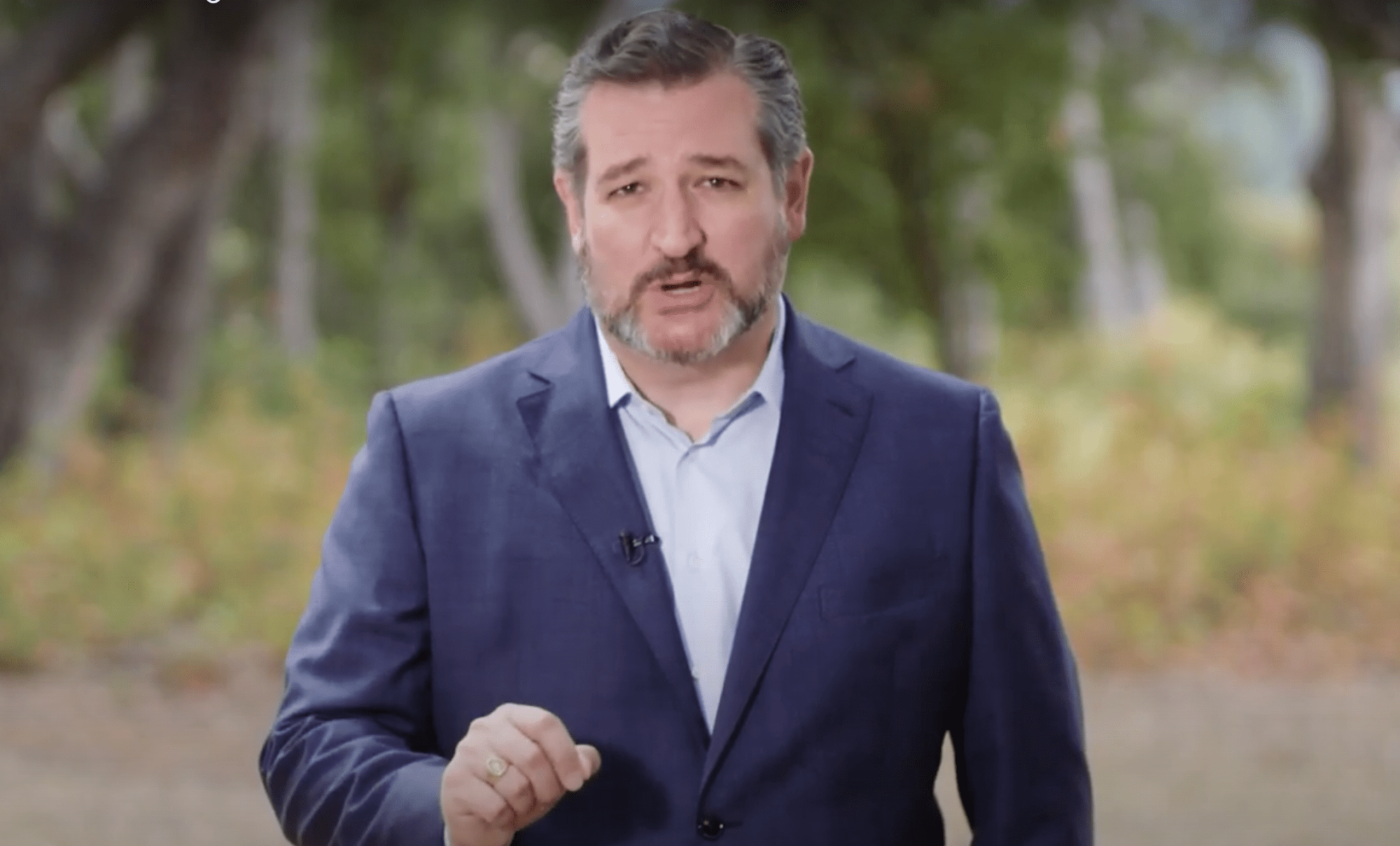With the 83rd Legislature quickly approaching, several Republican members of the state Senate have made headlines with a pre-filed bill calling for drug testing of welfare recipients.
While the idea of limiting abuse of any taxpayer subsided welfare program is laudable, the Legislature should take special precaution to ensure this new initiative will not end up costing taxpayers more than it saves. This primarily affects the Temporary Assistance for Needy Families (TANF) program.
Florida made national headlines in 2011 when it passed a similar drug-testing program for those receiving benefits. Republican Governor Rick Scott was a leading proponent of the idea to reduce waste of taxpayer dollars, saying it was “unfair for Florida taxpayers to subsidize drug addiction.”
The ACLU and those on the Left threw fits over the idea that Florida taxpayers sought to require such modest levels of personal responsibility from those accepting welfare to ensure benefits are given to the truly needy.
But those on the Right should have hesitations about whether such programs will actually produce savings.
It turns out that all the money spent on drug-tests may have canceled out any real (and indirect) cost savings for Florida’s welfare program. And it appears to have had no significant impact in the number of applicants.
If that’s the case, was the program really worth it? And can Texas be assured there won’t be a similar string of expensive unintended consequences?
That’s a question the Legislature will have to decide this session when considering SB 11—jointly authored by Senators Nelson, Birdwell, Carona, Deuell, Duncan, Estes, Fraser, Nichols, Patrick, Seliger, and Williams. (Gov. Perry and Lt. Gov. Dewhurst have also gone on record supporting it.)
SB 11 is similar to Florida’s program in that it subjects all applicants of TANF subsidies to drug-testing before they are (or can remain) eligible for benefits. The first failed drug test will result in 12 months of ineligibility (or 6 months if they voluntarily enroll in a substance abuse treatment program). After three failed drug tests, an applicant becomes permanently ineligible.
Unlike Florida’s program that required applicants to pay for the cost of the drug test (with the option to receive a rebate in their benefits), the proposed Texas program would pay for the drug tests with money block granted for TANF funds, and would subject applicants to one only if an initial screening shows they are like likely to use controlled substances.
Of course, like Florida, this does not include the extra administrative and bureaucratic costs Texas might face—and something legislators should consider so the state does not end up losing money in the long run.
Taxpayer should keep a close eye on this bill, specifically how it is amended throughout the process. It has a chance to provide a net benefit to taxpayers and those receiving welfare benefits, so long as costs are controlled.





